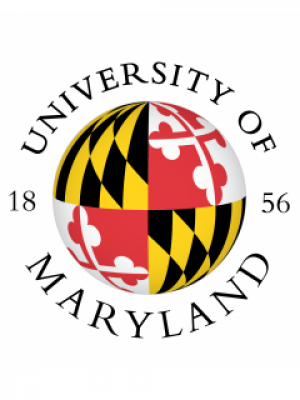The goal of science is discovery of truth, and it is typically the information gleaned from years of research that serve as the bedrock of the courses one teaches. However, equally important to the discovery and teaching of this knowledge is the process by which these truths are uncovered. If the goal of science is to discover truth about the world, then it seems that an important goal in teaching science is to teach the process by which these truths are uncovered. My approach to teaching the science of psychology is firmly entrenched in the view that students must understand the process of science in order to understand the knowledge generated by science. By focusing on the process, students learn the theories and results while also learning a set of thinking skills that are portable, and which can be used across a variety of contexts – even ones outside the field of psychology. Students should become better producers and consumers of information with these skills.
Tomlinson, Tracy
Bio
Tracy Tomlinson received her doctoral degree in Psychology from the University of Maryland in 2009, become a post-doc with UMD and then transitioned to being a lecturer with the University since 2010. She is currently a Principal Lecturer and has received teaching awards and grants for her work with the University to develop online courses, open education resources, improve teaching pedagogy, and has created a new (very popular) course, Legal Psychology, as well as redesigning core curriculum for the introduction to statistics course. She has served as the co-director of the Design and Statistical Analysis Lab where she mentored graduate students who provided statistical consulting to faculty and graduate students. Her research interests lie within the intersection of cognition, law, and statistics as well as teaching pedagogy.
Degrees
University of Maryland, Psychology, 2009 - PhD
University of Maryland, Psychology, 2007 - MS
Reed College, Psychology, 2003 - BA
Research Topics
I am an advocate and practitioner of promoting a more ethical process of science through open science. My research is integrative in looking to keep an applied perspective while performing theoretical work in legal psychology and teaching pedagogy. In my legal psychology research I look at the intersections of justice and psychology, memory and judgment and many others, with particular areas of interest in repressed memories and interference theories of forgetting, juror biases and judgments, and lineup judgments and procedures. I am also a scientist-practitioner in my teaching where I create data-driven course policies and materials.


